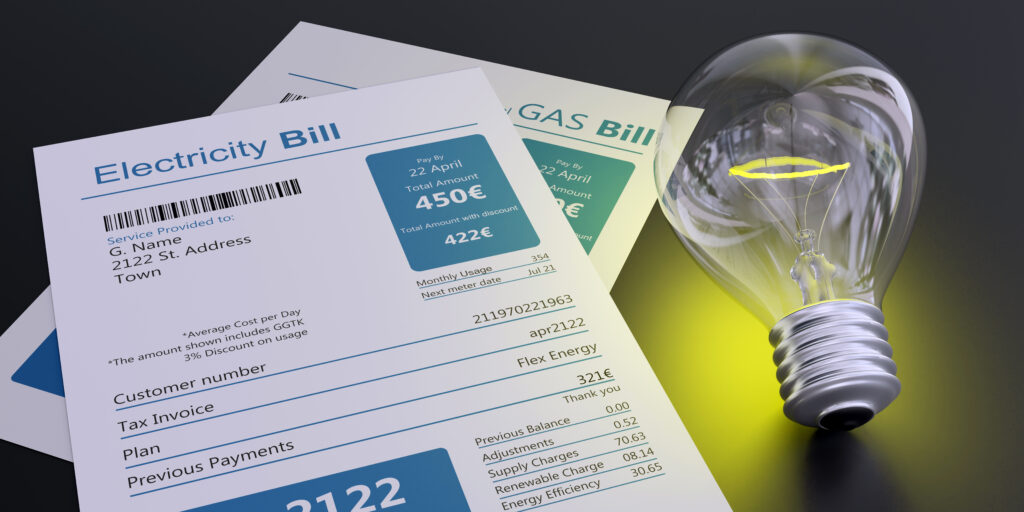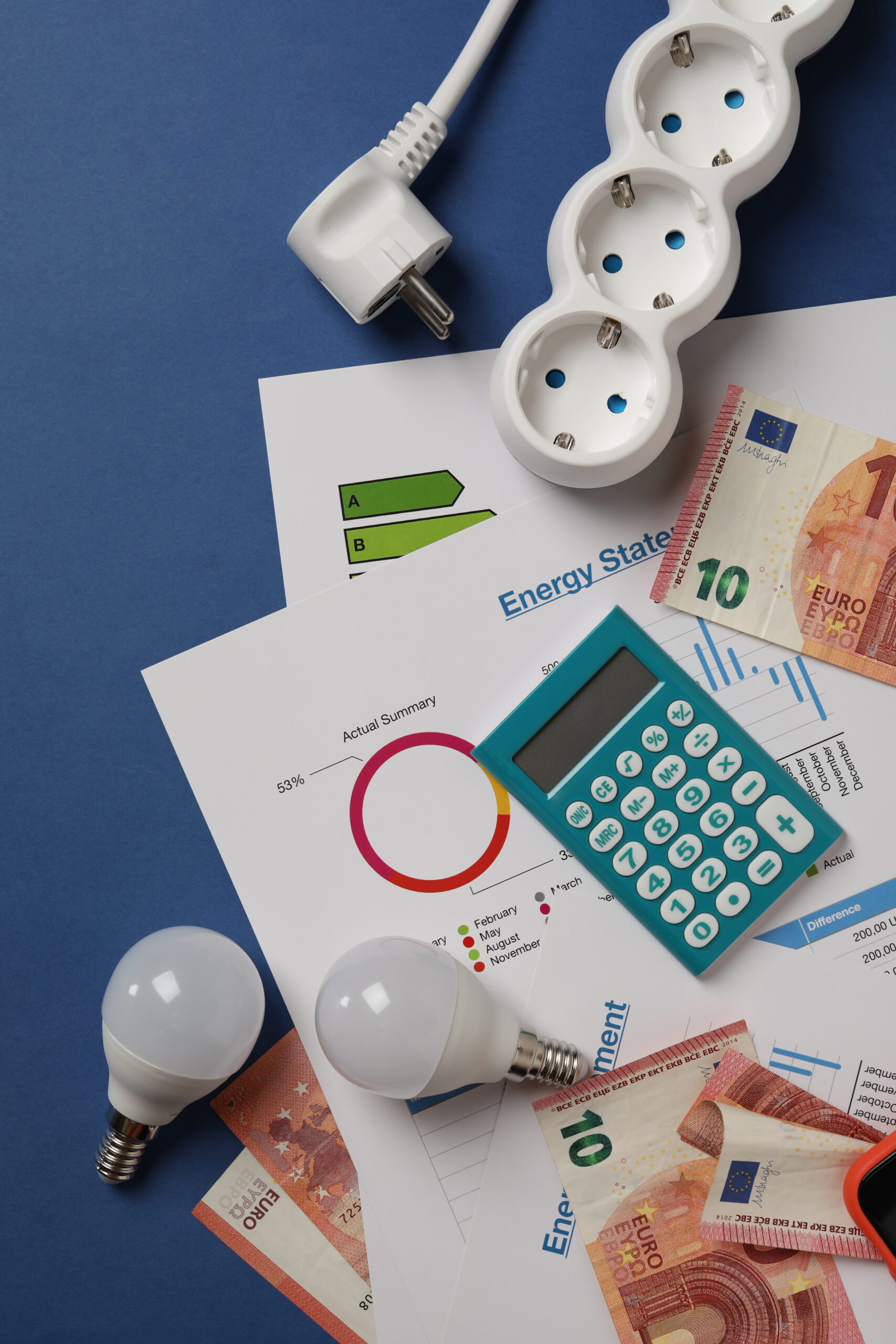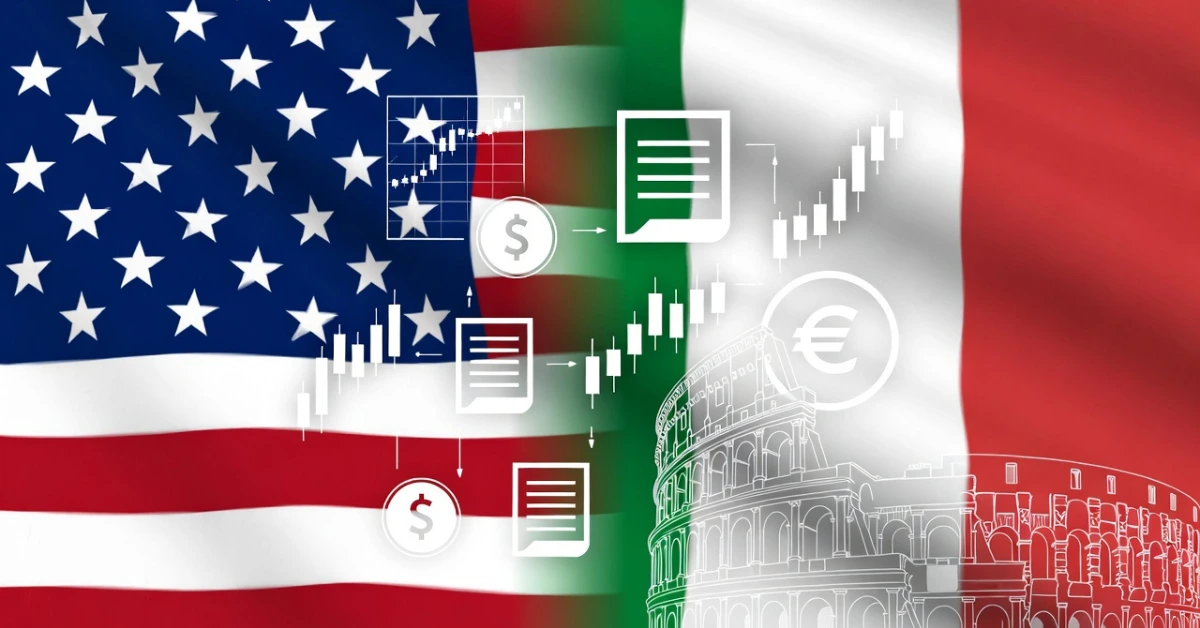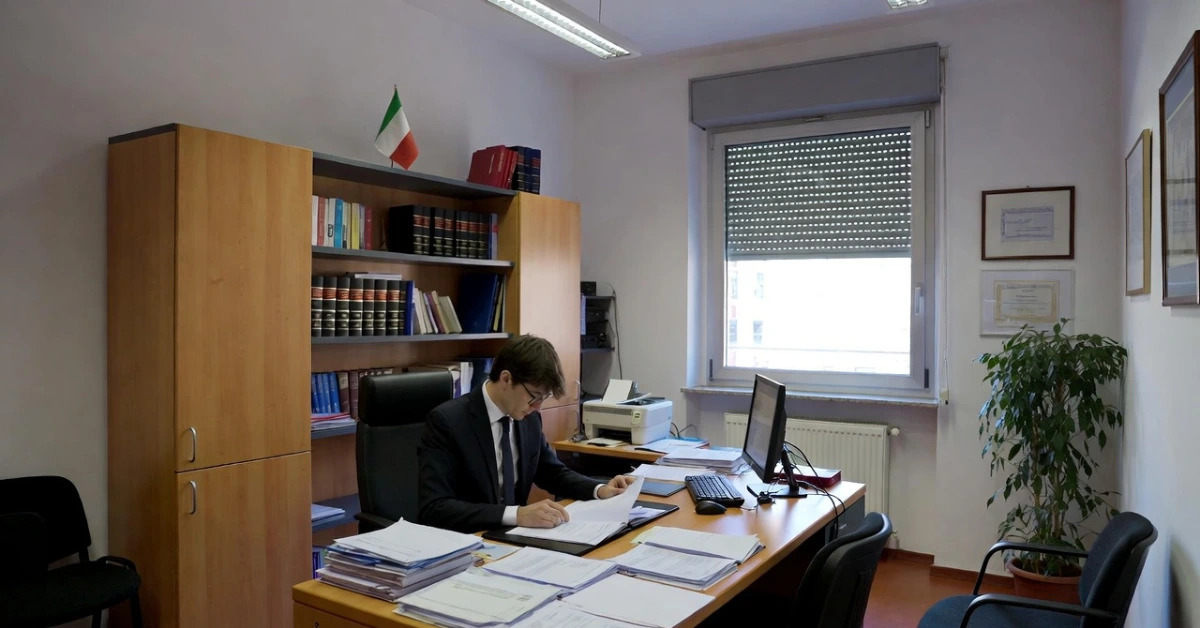When moving into a new home in Italy, getting a hold of utility bills or utenze is one of the first things to help you feel at home. Whether you are making a long-term stay or a permanent relocation, handling utilities wisely is key to keeping your overall cost of living in check.
Most individuals residing in Italy are amazed at how bills in Italy can differ significantly based on location, provider, and even the age and energy efficiency of the building. Let’s go through what to anticipate for utility bills in Italy in 2025, and how to reduce your expenses legally without sacrificing comfort.
Table of Contents
ToggleFundamentals
A standard set of utilities (utenze) for a home consists of:
- Electricity (bolletta della luce)
- Gas (bolletta del gas)
- Water supply (bolletta dell’acqua)
- Internet and telecommunications
- Waste tax (TARI)
In the majority of rental contracts, especially in cities, utility bills are not included in rent (affitto). Tenants usually deal with utilities separately, either by direct installation with the suppliers or remuneration to the owner on a use basis.
If you are buying property, you will have to renounce the contracts into your name, usually requiring a valid Italian bank account (conto bancario italiano) and a codice fiscale (Italian tax code).
The Average Cost of Utilities in Italy in 2025
The average cost for a small 70 square meter apartment can be around:
- Electricity bill: €70–€120 per month
- Gas bill: €80–€130 per month in winter, less in warmer months
- Water supply: €20–€50 per month, subject to local tariffs
- Internet: €25–€40 per month
And these prices can differ significantly by region, with Milan or Florence usually having higher rates than smaller towns in the south of Italy.
Tax on waste collection (TARI) can cost another €150–€300 per year, based on how large your house is and the municipality.
The majority of planner expats anticipate and discover that monthly transport passes and bundling telecommunication services facilitate budgeting.

Lowering Utility Bills Legally in Italy
Being a wise spender begins with understanding how you are being charged as well as what schemes or incentives there are to be had.
1. Select an Energy-Efficient Home
Newly constructed homes or renovated homes under Italy’s energy laws are more energy efficient and improved in heating and cooling facilities. These factors contribute a lot to your electricity and gas bills.
2. Be a Clever Government Incentive
Italy normally provides incentives in financial terms for energy conservation efforts. Programs such as the Ecobonus or local subsidies sponsor better insulation, efficient boilers, or solar panels. Should you be considering lifting your Italian property, ensure your tax planner checks entitlement to these programs.
3. Change Suppliers Wisely
The Italian energy market has been progressively opened to competition. It is legal and generally a good idea to compare gas and electricity (gas e luce) suppliers in an attempt to obtain lower prices. Some websites provide comparison tools, and the switch-over is generally free.
4. Monitor Consumption
There are some habits that do count. Running the household appliances during off-peak periods (when lower tariffs are applicable) and buying energy-efficient appliances will reduce monthly bills without radical changes in lifestyle.
5. Pay Bills Wisely
Having direct debit (addebito diretto) payments made from your Italian bank account on a regular basis earns small discounts with providers. It also avoids late payment charges that would incur additional fees.
Setting Up Utilities in Your New Home
For homeowners, having utilities installed usually involves a visit to a neighborhood post office (ufficio postale) to advance pay the initial connection fees and register online or through service outlets.
Connecting times vary. Electricity and gas can be switched on in three to five working days under normal conditions. For very ancient buildings, especially those that have been vacant for some time, it could take longer, and additional checks may be required.
Make sure all contracts are properly updated in your name, including meter readings (letture contatori), to avoid back charges from previous occupants.
Health insurance (assicurazione sanitaria) is also an important service to set up while organizing your living essentials, though it runs separately from utilities.
Living in Italy Comfortably Without Overspending
Living in Italy is a beautiful thing, but like everywhere, keeping costs under surveillance means that the experience is kept a good one. Keeping utility costs in Italy in check not only saves you money, but also makes you feel more a part of day-to-day Italian life.
From choosing the right home to taking advantage of energy efficiency rebates, smart little steps can lead to big savings in the long run, all while being green and easy on your bottom line.
Knowledge and control of utility bills in Italy are necessary for all those who intend to settle into a house in Italy in 2025. With local knowledge of systems, prudent consumption, and lawful means of saving, expatriates can live the Italian way without the unpleasant shock of unexpected financial costs.
Would you like to read more about similar topics? Then, take a look at our related articles here:Condominium Expenses in Italy: How Do They Work?, Home Renovation Incentives in Italy: 2025 Update and Main house: what is it? What benefits?.
🧠 How Well Do You Know Your Utility Bills in Italy?
Test your knowledge and learn something new about utenze in Italy for 2025.
1. What is typically not included in the rent for Italian rental contracts?
2. Which of the following can help you legally reduce your utility bills in Italy?
3. True or False: Milan generally has lower utility rates than towns in southern Italy.
4. What is the average monthly gas bill during winter for a 70 m² apartment?
5. Which Italian program helps with improving energy efficiency in homes?
6. Match the average monthly cost (2025) to each utility:
- Electricity:
- Water:
- Internet:
- Gas (winter):
7. How long does it usually take to connect electricity or gas in Italy?
👉 Ready to move smart in Italy? Start by understanding your utenze!




